For many students, high school is not solely defined by academics.
It is a time in which many extracurricular pursuits, whether it may be athletics and volunteering to performing arts and leadership roles, begin to hold immense significance in shaping students’ futures. However, for students, the challenge lies in managing extracurricular commitments without compromising academic performance.
Establishing Priorities
Academics should maintain a top concern; however, that does not mean that extracurriculars have to take a backseat.
Students must start by identifying their core responsibilities. First, they should, make a list of academic assignments and extracurricular responsibilities, then rank them based on importance and the time each task will take to complete. Students should focus on the activities that align with their goals and values, asking themselves which tasks need to be completed first, ensuring that due dates are taken into account.
Arshiya Aggarwal, a freshman student at Bridgewater-Raritan High School, shared her thoughts regarding how she prioritizes her responsibilities.
“I try to manage my time by setting clear priorities for each week. I start by identifying which assignments or projects are most urgent and then block out time for them. I also schedule activities like club meetings or sports practices ahead of time so I can plan study sessions around them,” Aggarwal said.
Managing Time Effectively
Students must break large assignments into small, manageable parts and set internal deadlines for each stage before the final due date. Students who anticipate full days of extracurricular activities should plan ahead by completing school work early, utilizing weekends or lighter school days to get ahead.
Concentrated study periods are more productive than multitasking, and short breaks during the school day, such as lunch and study hall, should be utilized to complete smaller tasks such as outlining essays or reviewing for tests.
Communicating with Adults
At times, work can accumulate rapidly, and it is easy to feel overwhelmed. It is important to recognize that this is just a normal part of high school experience, and that in these types of situations, communicating with teachers, coaches and advisors fosters support and understanding. When academic and extracurricular obligations overlap or become too much to handle, early conversations allow adults to provide guidance and flexibility.
Additionally, reaching out to adults demonstrates responsibility and commitment through open communication and builds trust, ensuring that expectations remain reasonable on academic and extracurricular sides.
Bridgewater-Raritan High School freshman Aahana Anupam offered insight into how she manages moments of overwhelming work.
“I’ve felt overwhelmed many times when trying to balance my academic and extracurricular tasks, however, talking to my extracurricular advisors, whether to miss a day or come in late to catch up on my assignments, has helped me stay on track in school while keeping up my extracurriculars,” Anupam said.
Knowing When to Say “No”
Sometimes, it is out of students’ reach to accomplish everything they hope to complete, and students must simply accept this. Overcommitment often leads to burnout, hence students should assess the purpose of each of their activities before agreeing to fully commit to them.
If a club, team, or after-school event does not contribute to meaningful personal development goals, taking a step back and prioritizing the activities that truly help students reach their goals is a wise decision. Learning to decline opportunities respectfully is a key step in learning to use a focused approach, emphasizing quality over quantity to prevent burnout.
Prioritizing Health & Rest
Adequate sleep, balanced nutrition and intentional breaks are essential to maintain focus and motivation. Downtime gives students space for reflection, and neglecting this time often results in lowered academic performance and higher stress levels. Students who maintain a consistent self-care routine are better able to meet the demands of a full-schedule.
Looking Towards Success
Evidently, balancing academics and extracurriculars is not a matter of perfection but one of intention. With thoughtful planning, clear priorities and self-discipline, high school students can meet their academic obligations while still enjoying the activities that provide a healthy break from the demands of school.

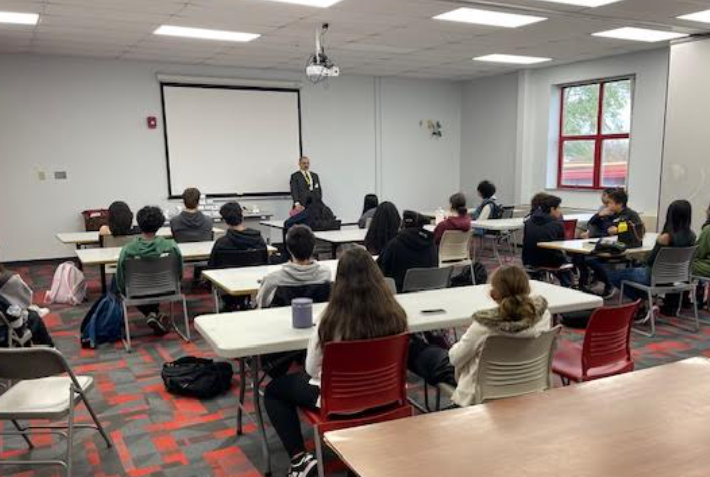
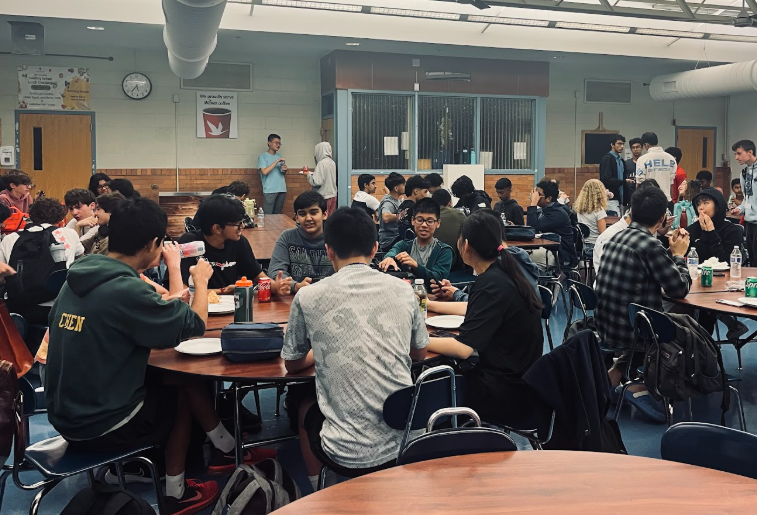



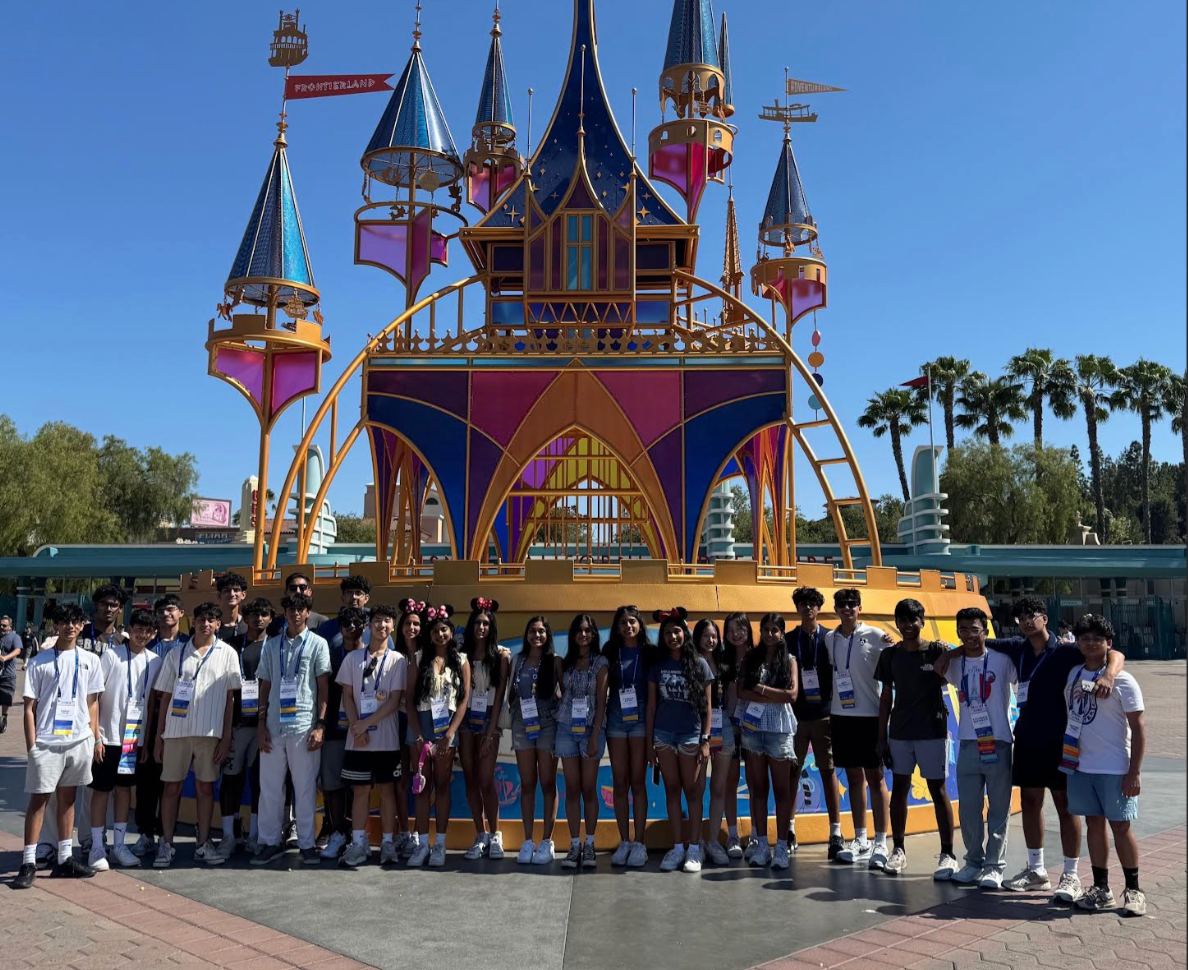

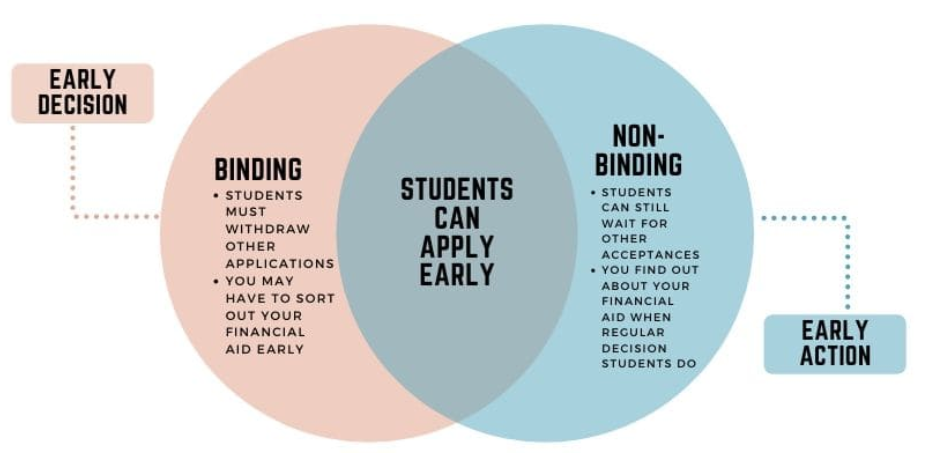
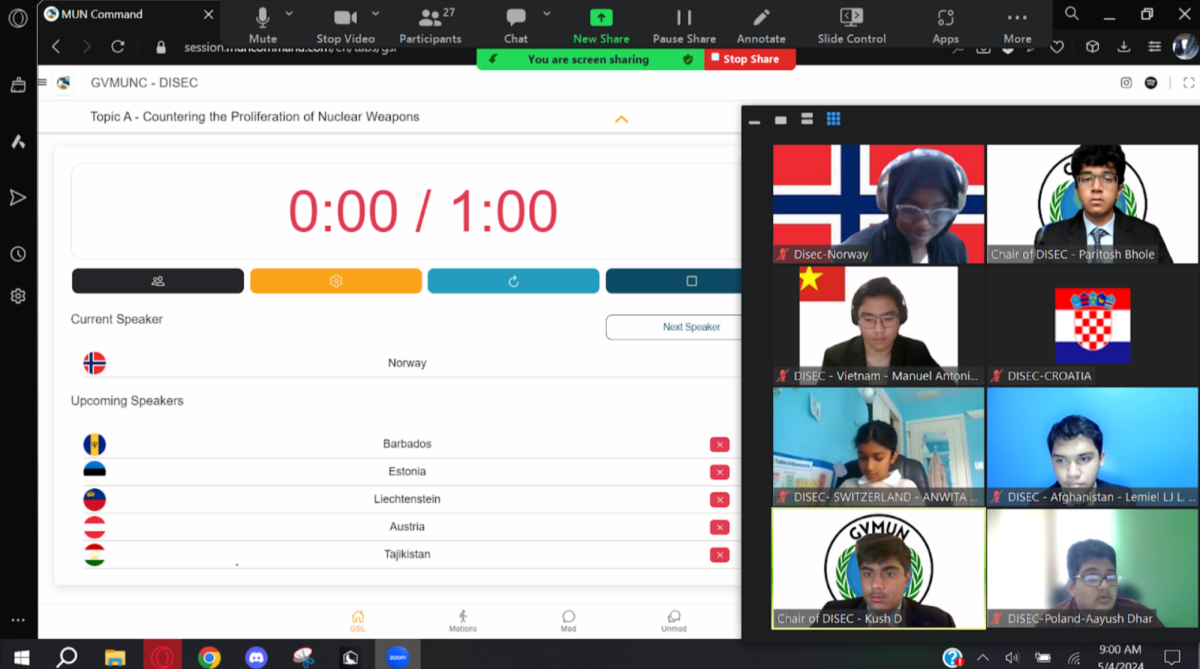

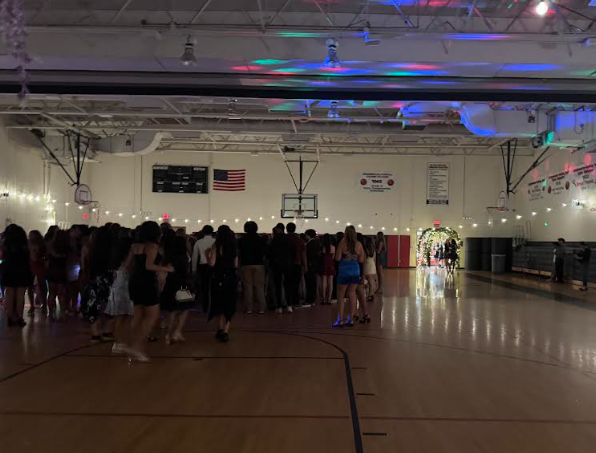


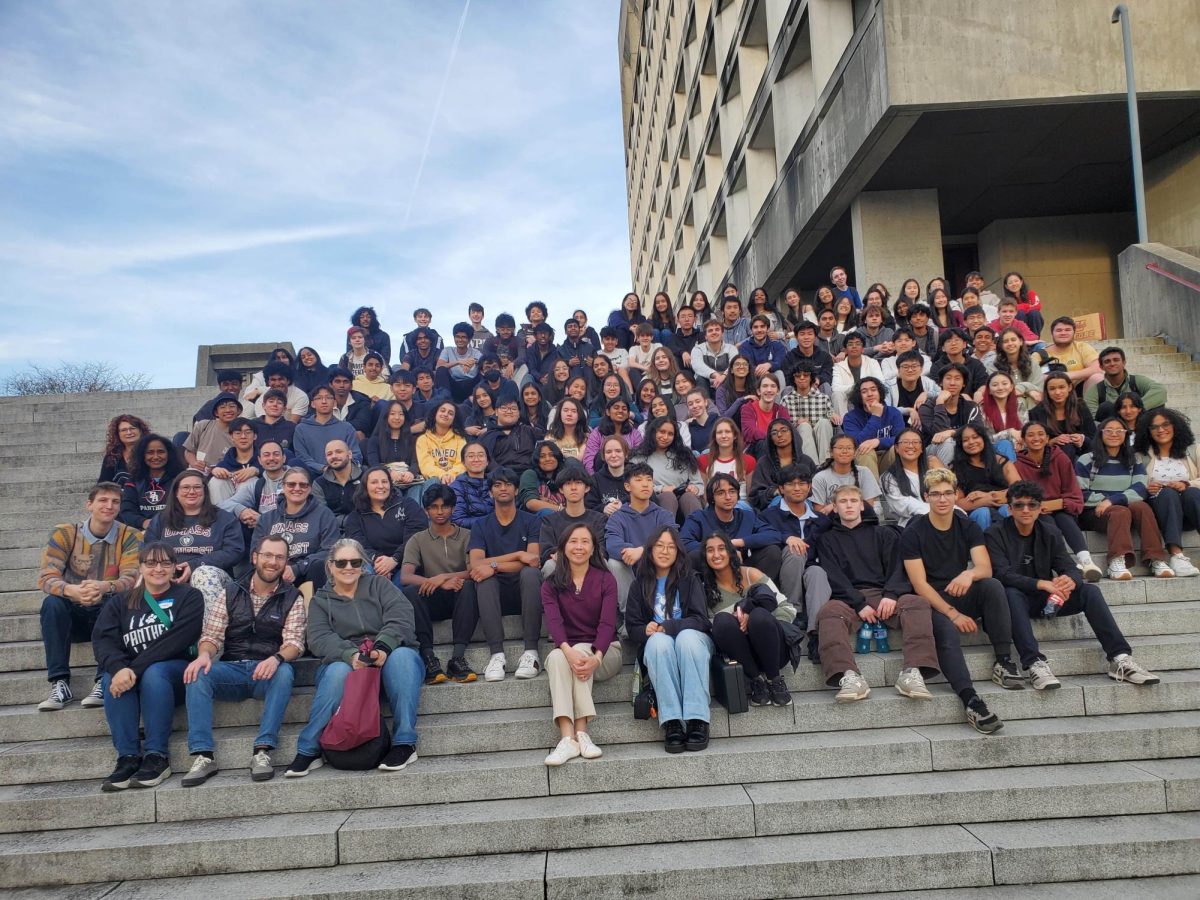
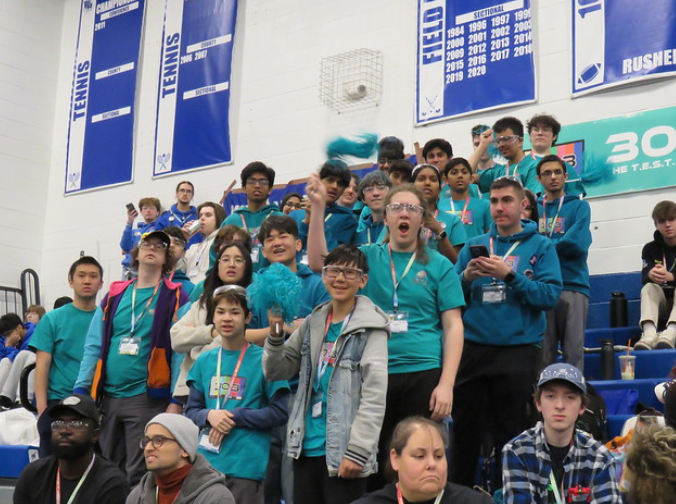

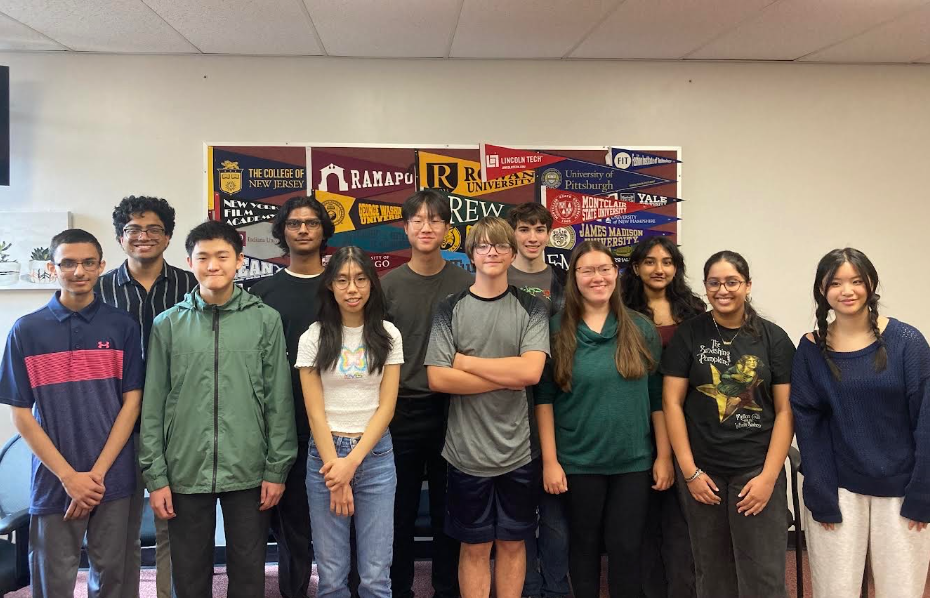

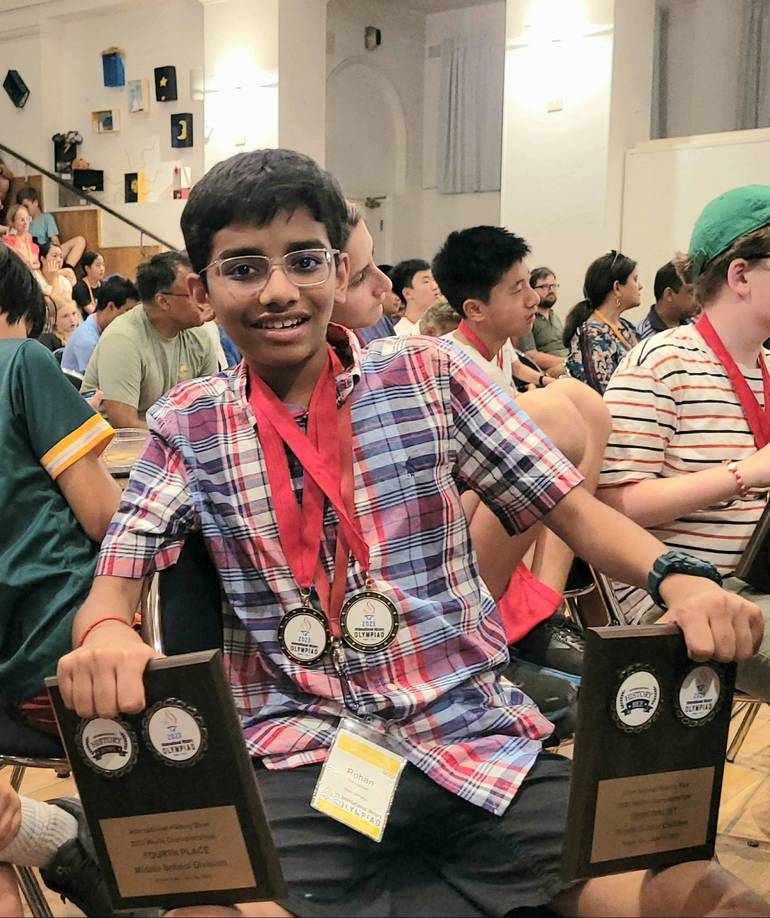



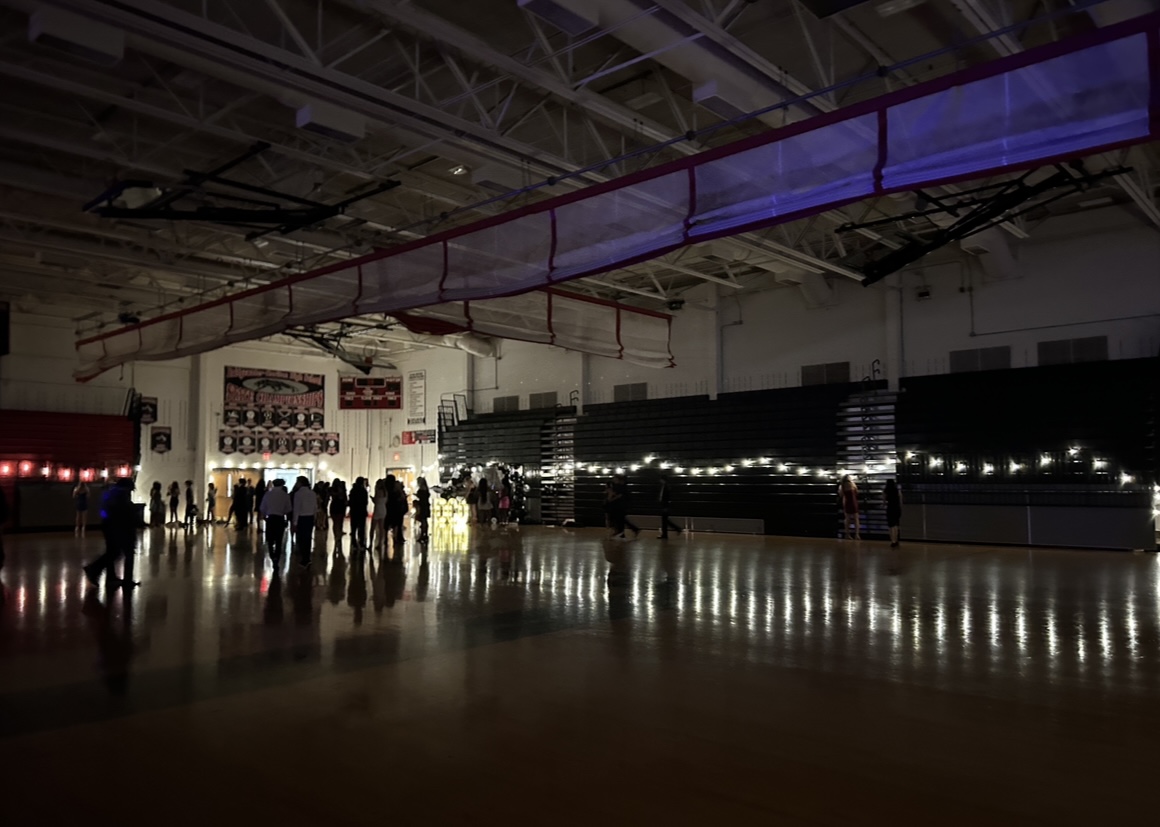



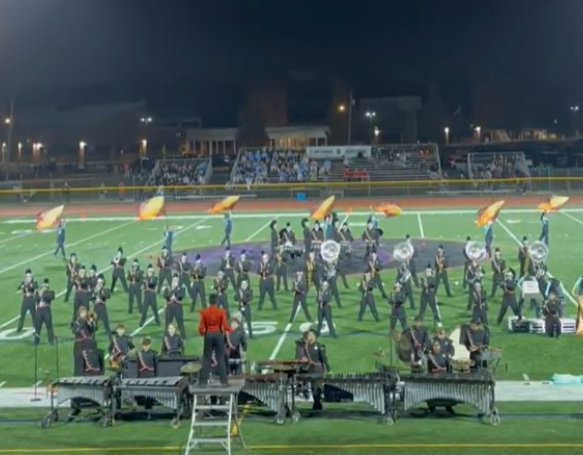
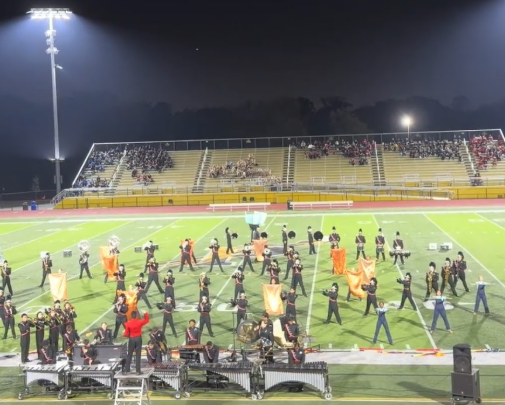
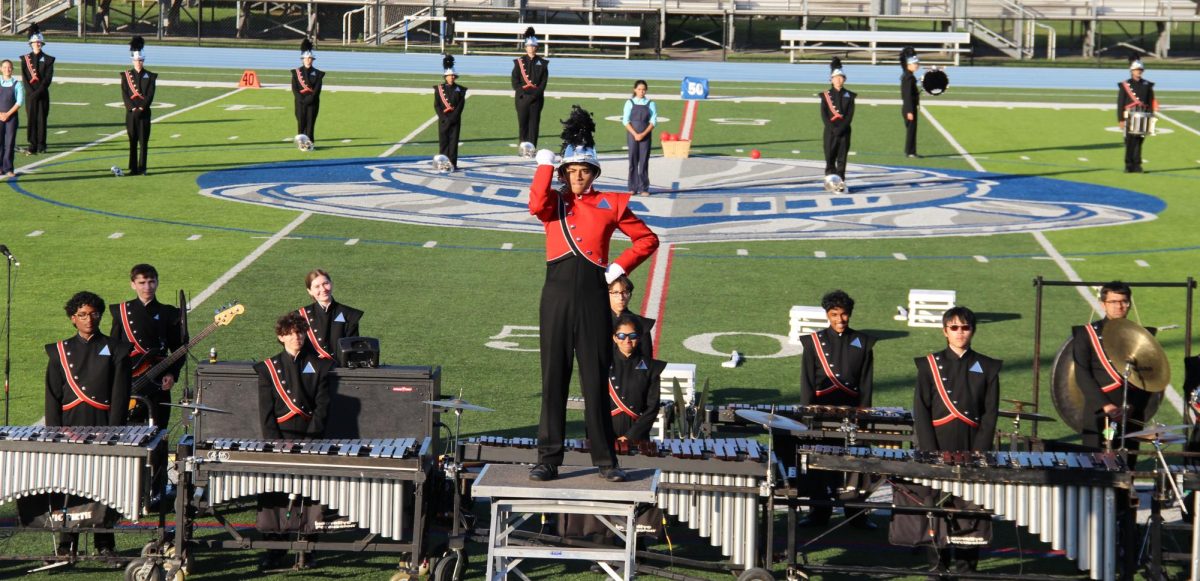






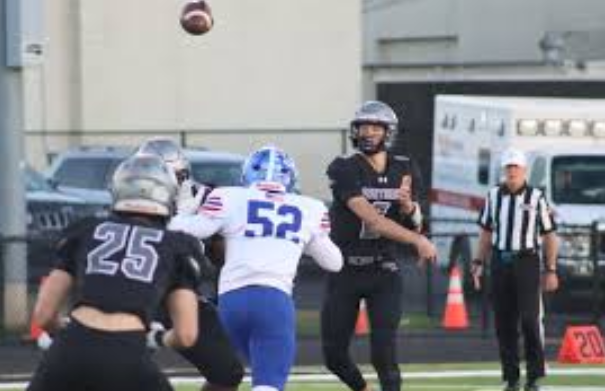
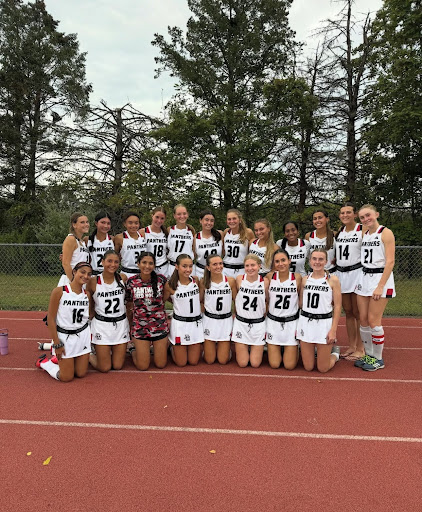
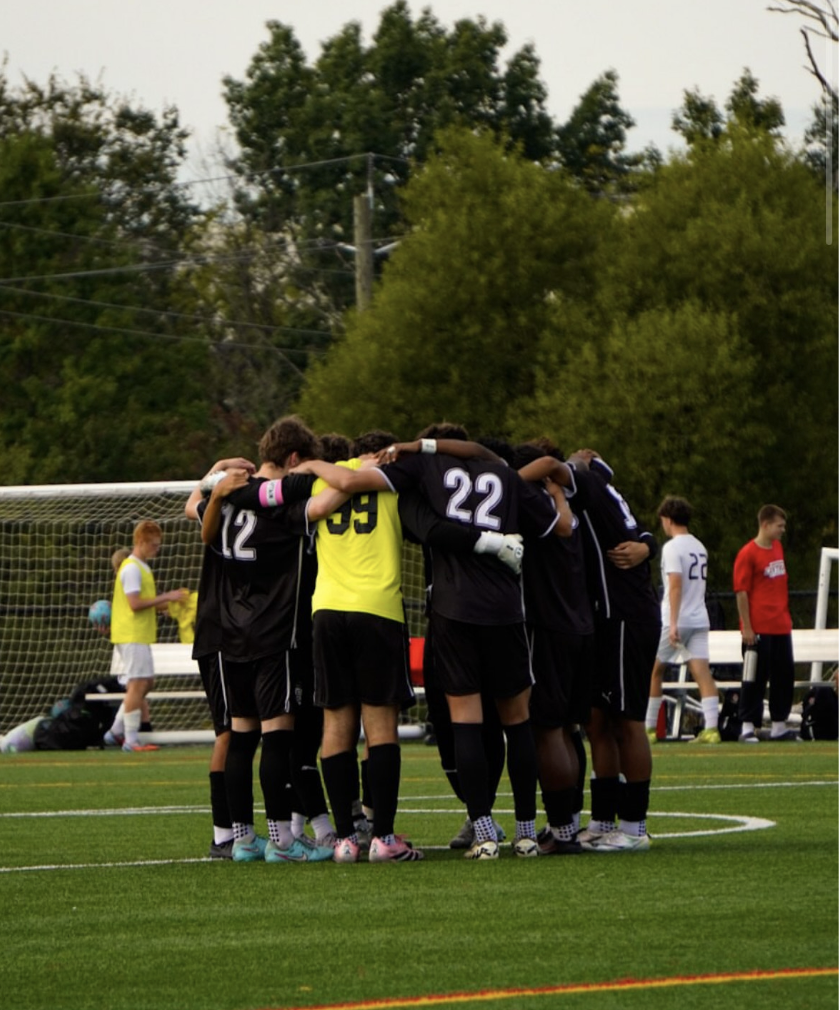
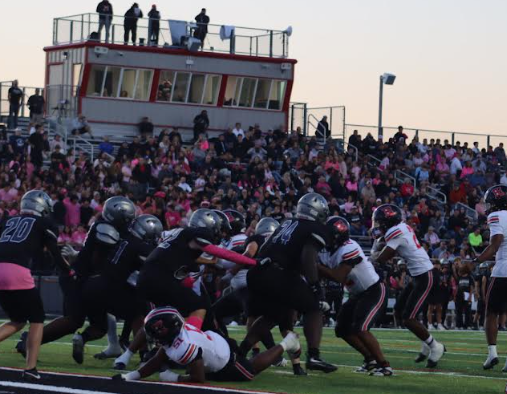
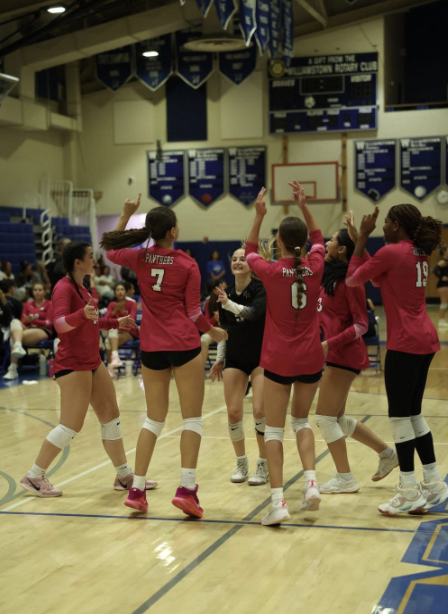


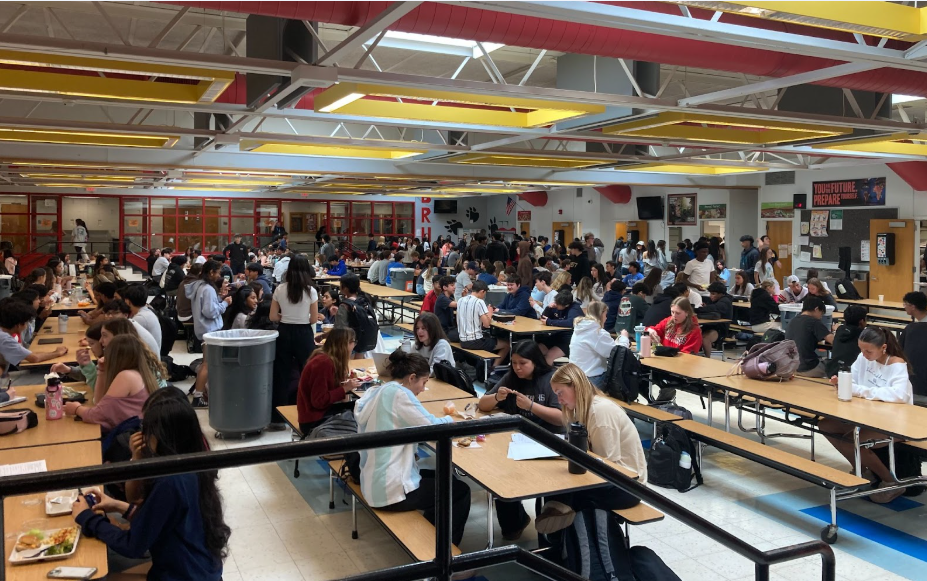



S Harris • May 7, 2025 at 3:40 pm
Thoughtful guidance!